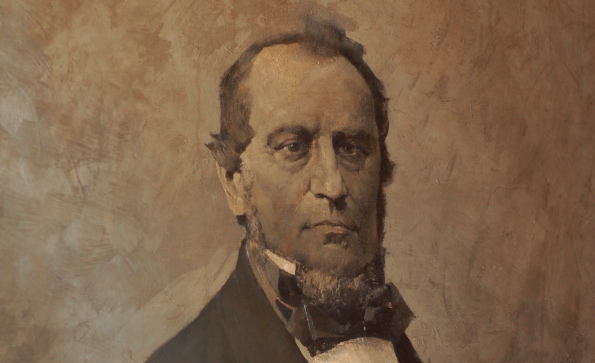
When exactly did Pilsner-style pale lagers conquer central Europe, replacing the earlier styles that had existed here for centuries? Where did they get their foothold, when, and for what reasons? I don’t have the answers yet, but I’ve recently been working in the archives of the Czech National Library, reading a bit more about eighteenth- and nineteenth-century brewing in the region. And just yesterday I found an interesting quote in Carl Balling’s Die Gährungschemie (3rd ed., 1865), regarding beers made from oats.
“Only in rare cases are oats utilized in brewing and distilling,” he wrote, “creating a very fizzy (“moussirendes,” sic) beer, as well as a more sparkling brandy.”
The money quote:
“The well-known Horner Bier near Vienna is an oat beer: it is very fizzy and refreshing, but it is cloudy. In Carinthia and Carniola oat beers are brewed.”
The lost oat beers of southern Austria and Slovenia? That requires a whole new research project.
As for Horner Bier, firing up the Google gets you genius stuff. By “genius,” I mean “Mozart.”
We’re all familiar with the Mozart canons K231, K233 and K234, right? The first two are the musical compositions the Maestro left with the titles “Leck mich im Arsch” and “Leck mir den Arsch fein recht schön sauber,” or “Kiss My Ass” and “Kiss My Ever-So-Nice Clean Ass.” The third is “Bei der Hitz im Sommer ess ich,” or “In the Heat of Summer I Eat.” These were later published together with new lyrics and, perhaps not surprisingly, new titles.
There’s some question if the music is indeed Mozart’s, but the lyrics — the “unruly” text of the originals, as Constanz Mozart called them — are believed to be authentic, and include the following line in K234:
“Ich nehm Limonade, Mandelmilch, auch zu Zeiten Horner Bier, auch zu Zeiten Horner Bier; das im heissen Sommer nur, im Sommer nur.”
Only in summer, Mozart wrote, which goes along with Balling’s description of Horner Bier as “refreshing.” There’s another reference to Horner Bier in 1781’s Beschreibung einer Reise durch Deutschland und die Schweiz by Friedrich Nicolai, which describes Horner Bier as a “white beer [weißes Bier], which comes from Bohemia.”
(To repeat: he’s saying white beers — meaning wheat beers — come from Bohemia. Not Bavaria.)
Today, Horner Bier is back, or at least that’s the impression you’d get by looking at the website for Horner Pfützl Bräu, a brewery founded in 2006, which seems to be having its beers made under contract. I can’t find its brews in Ratebeer, nor is it listed in the Austrian pages of the European Beer Guide, but it says its beer is “leicht naturtrübes, spritziges,” which sounds a lot like Balling again, and notes that the original was “an oat beer.”
Anyone with firsthand experience? Perhaps it’s time to make another road trip…
(One last note: was the great nineteenth-century brewing scientist Carl Balling or Karl Balling? You can find references to both. In fact, the third edition of Die Gährungschemie I was reading at the National Library listed his name as “Carl Balling” on the title page, and offered other publications from “Karl Balling” in an advertisement in the back of the very same book.)
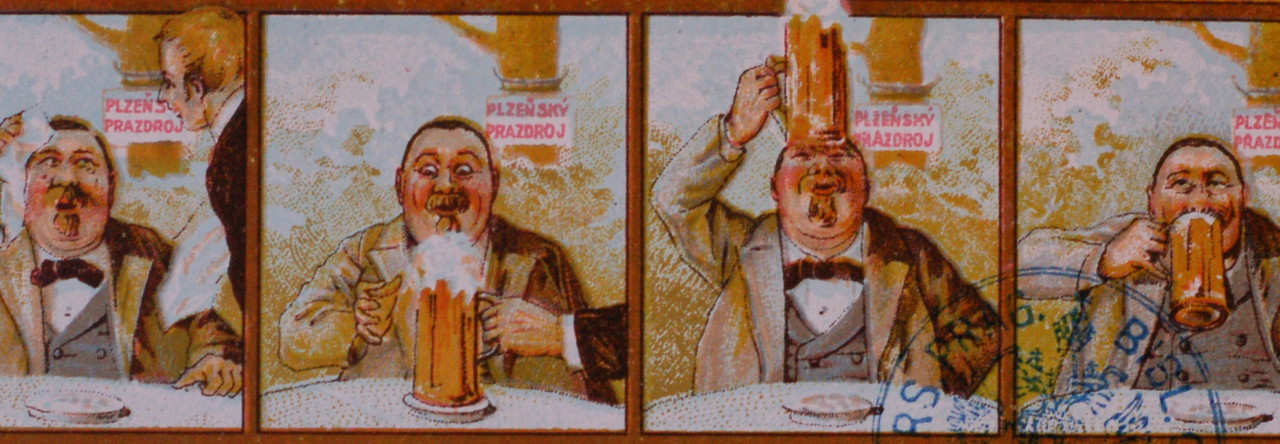
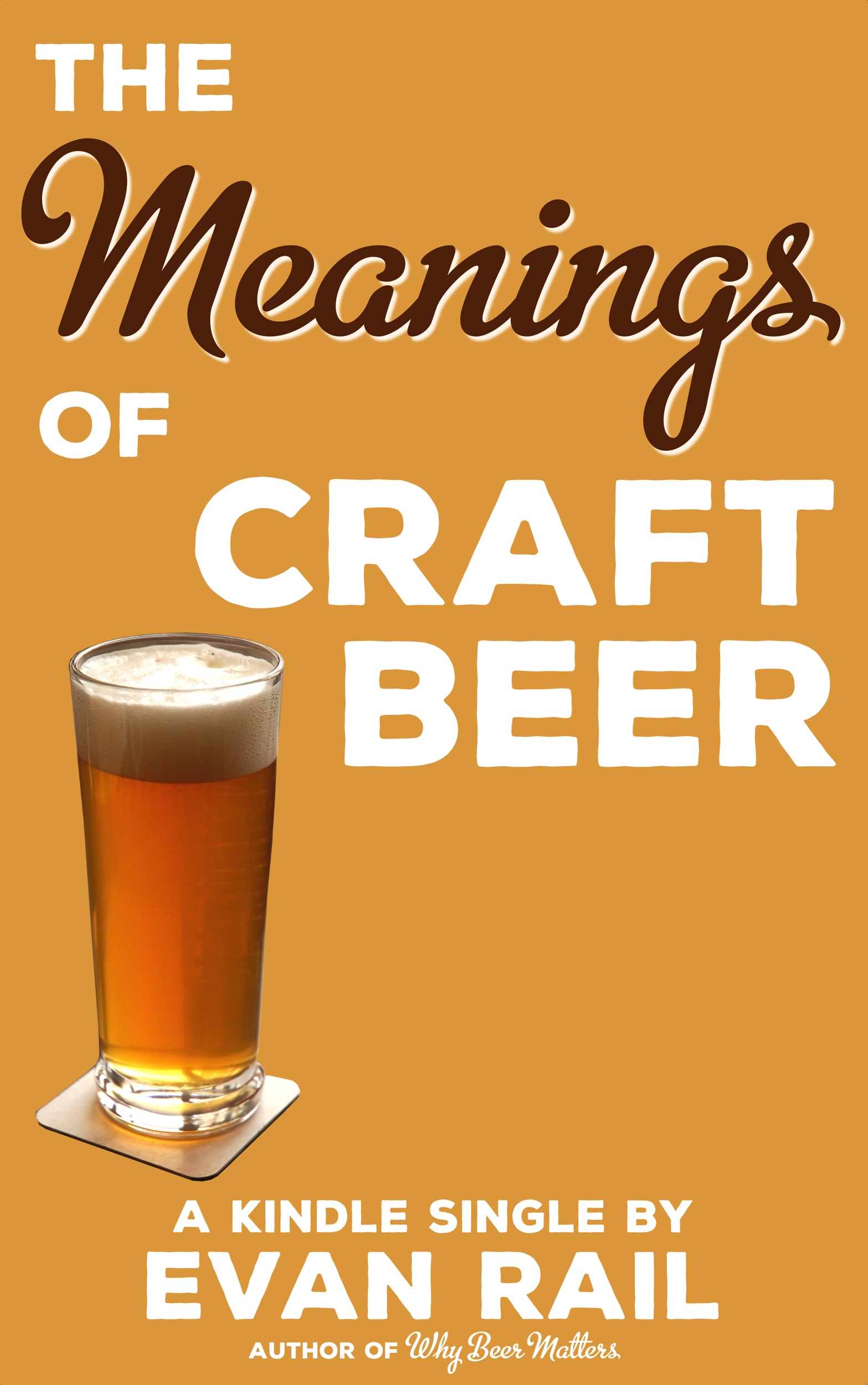
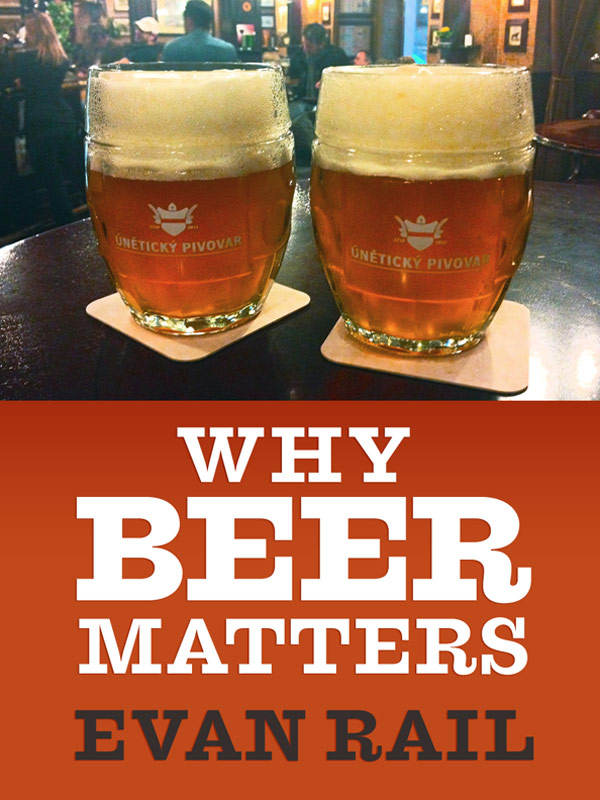
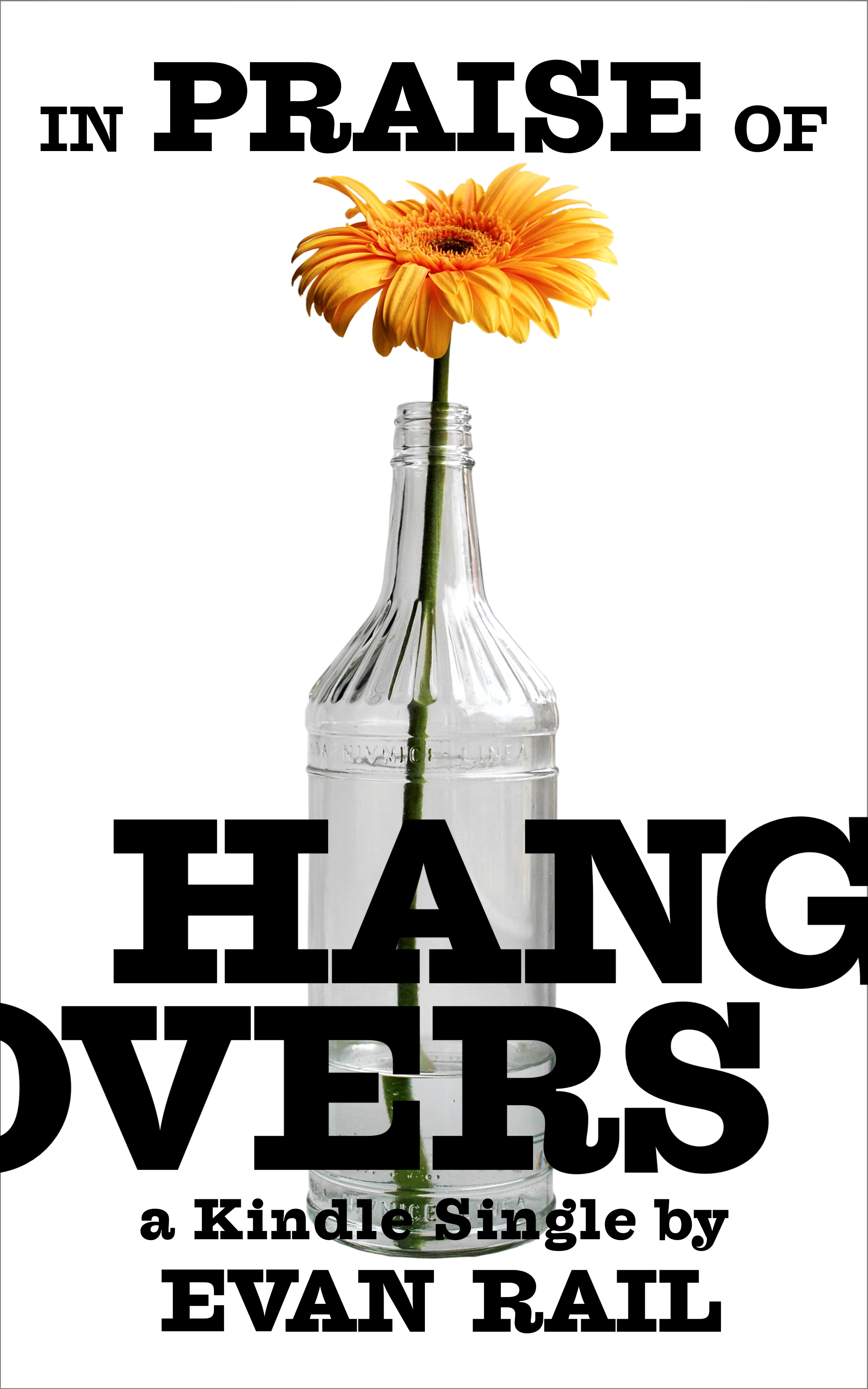
MaikBirte
Hi –
“perlend” means sparkling and not pearlescent.
For Carl or Karl Balling. I guess it’s might be Carl and changed to Karl after Germany has reformed its spelling rules in the beginning of the 20th century. A lot of German words changed from C to K because they were pronounced as K anyway.
cheers,
Maik
Evan Rail
Hi Maik, thanks, I’ll fix it. Sparkling still seems like a strange idea for a brandy.
Balling’s first name probably doesn’t have anything to do with 20th century language reform: as I wrote, Balling’s name was spelled both Carl and Karl in the same book from 1865. In Czech it’s Karel, of course. Given that he lived in Prague but spoke German, I imagine the local preference for K over C influenced the orthography. I’m going to stick with Carl in English, at least for now.
Lars Marius Garshol
I imagine the real cause of the inconsistent spelling is that spelling in general was not very consistent in the mid-19th century. It was probably considerably better than a century before, but also noticeably less consistent than a century later. Wikipedia has a bit more detail: http://en.wikipedia.org/wiki/German_orthography#19th_century_and_early_20th_century
Stan Hieronymus
Hey Evan,
I think there is plenty of evidence that wheat beers came out of Bohemia but you have to be careful about equating weiss/white with wheat. Per usual, Ron Pattinson has the best explanation:
http://barclayperkins.blogspot.com/2008/03/weissbier-and-braunbier.html
Evan Rail
Hey Stan, that’s an interesting idea, though I’m not 100% sure if I agree, partly because of the differences in the Czech (rather than German) terminology for wheat and white beers in the sixteenth and seventeenth centuries. I’ll leave that for another time, however.
German historical orthography is fascinating, but to try to bring this back to the main point, does anyone know anything about Horner Bier, either the original or the modern recreation?
Since this post went up I’ve found more results in Google Books. It sounds like Horner Bier might have been made from only oats (and potassium bitartrate, see below), no wheat, which would agree with Ron’s theory and thus make it a Weißbier which is not a Weizen.
From Neuestes Conversations-Lexikon (Wien, 1829): “das weiße und säuerliche, in Wien beliebte, Horner Bier wird aus Hafer und Weinstein gebraut.”
It says Hafer, or oats, with no mention of wheat. Forget about movies: Weinstein should be cream of tartar, aka potassium bitartrate.
Here’s another Google Books result, from Der Scheidekünstler im Brau- und Brennhause (Frankfurt am Main, 1816):
“Das Resultat dieser Arbeit ist nun ein weißes hopfenloses Bier, ein wahrer Broihan, wie es im Hannövrischen, in allen den Ländern von Nordheim his nach Hamburg, in Berlin, und selbst in Wien unter dem Nahmen Horner-Bier so vielen Beyfall findet.”
That’s comparing it to Broihan or Broyhan, and saying it is without or largely without hops. Another result which gives only a snippet view says it is made with “weniger Hopfen.”
Someone has to have some info about this beer. Where’s Conrad Seidl when you need him?
Zythophile
“Where’s Conrad Seidl when you need him?”
Posting silly things on Facebook …
So what waas the cream of tartar for? Was this a sodium bicarbonate impregnated water, and adding Weinstein gave a fizz to the Horner?
omai
Hi Evan,
Maybe you know this, but the modern Horner beer is called that because it is made in Horn which isn’t near Vienna. Also it is not made with oats, so maybe it is unrelated.
I live in Vienna, so I will look out for it as well as any oat beers.